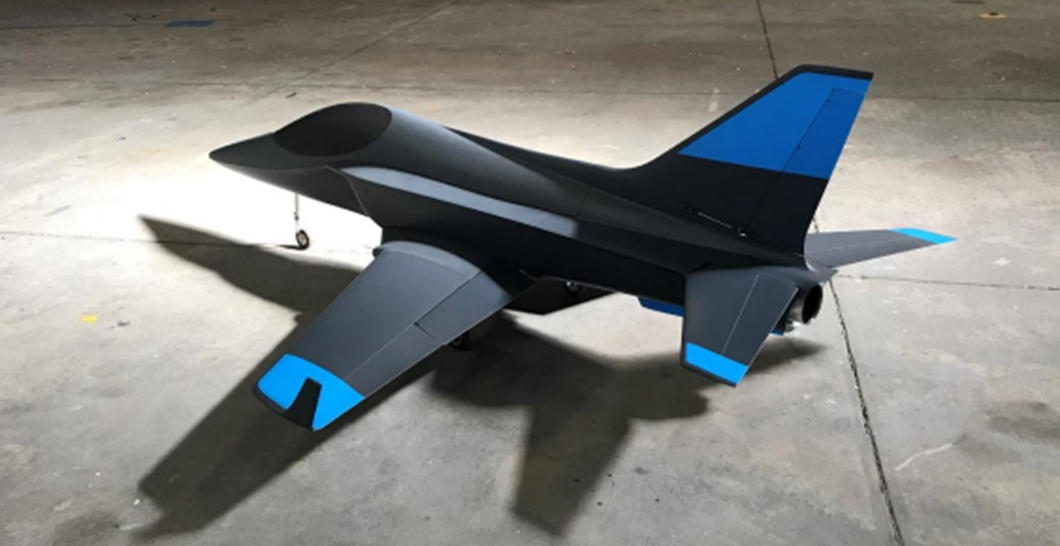
An Australian Transport Safety Bureau investigation into a 19 June 2020 loss of control incident involving a remotely piloted aircraft (RPA) while it was taxiing following a maintenance flight highlights to RPA operators the importance of fatigue management and controller design.
After landing at Bruhl Airfield, Queensland after completing a successful autonomous test flight, the pilot of the RF Designs Mephisto RPA - a high-performance autonomous testbed which has a 2.6 m wing span and a 35 kg max take-off weight - toggled the controller’s automatic mode switch to disengage the aircraft’s automatic mode for taxi back to the hangar, the investigation report details.
The pilot then increased the throttle to provide the RPA with sufficient momentum to taxi. As the RPA turned towards the pilot, the pilot determined that it was not responding to commands to reduce the engine thrust. The pilot considered attempting to arrest the RPA by hand but determined it was moving too quickly and instead toggled the automatic mode switch to regain control and turn it away from bystanders.
The pilot then directed the RPA across the airfield and it came to rest against the perimeter fence, resulting in minor damage to the aircraft’s skin.
“The ATSB’s investigation into the incident determined that the pilot did not correctly disengage the RPA’s automatic mode,” said ATSB Director Transport Safety Stuart Macleod.
“Subsequently, when they increased the throttle to provide the aircraft with momentum to taxi back to the hangar the ‘abort landing’ function activated, increasing the throttle to maximum and overriding the pilot’s commands to decrease throttle.”
Mr Macleod noted this incident has 3 key learnings for RPA operators.
“RPA operators should be mindful of the risk of fatigue, particularly in high tempo commercial operations,” he said.
“Even when fatigue management is not mandated, operators should ensure that their fatigue management processes are robust and effective.”
The incident also highlights the importance of controllers being as simple and reliable as possible.
“If a control leaves room for human error, then it will increase the risk of this error occurring even if procedural controls are in place. Consideration should also be given to a system that allows the remote pilot to shut down the aircraft immediately in the event of an unexpected state or failure.
“Lastly, operators should be prepared for the RPA to do something unexpected and know and frequently practice emergency procedures.”


